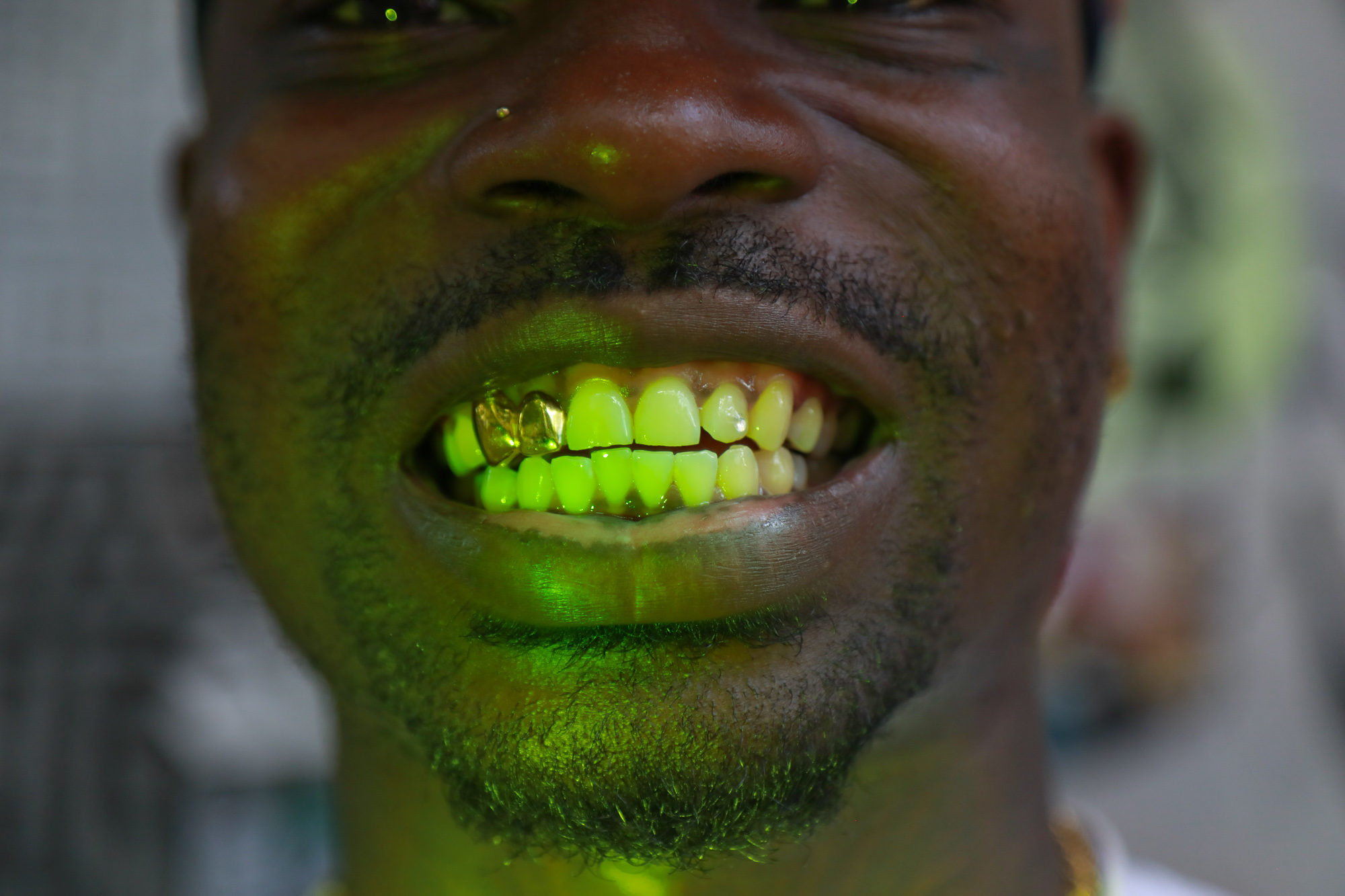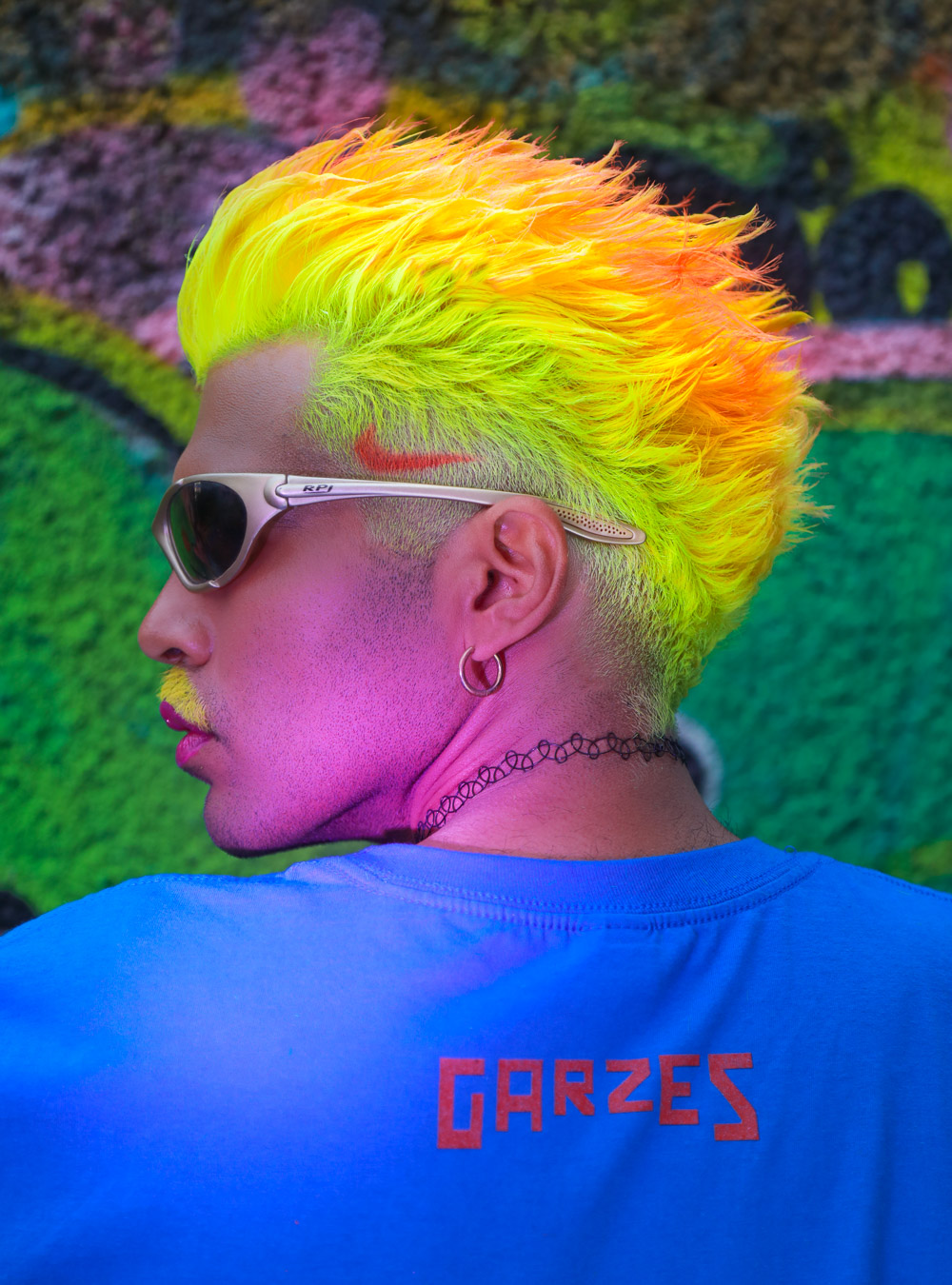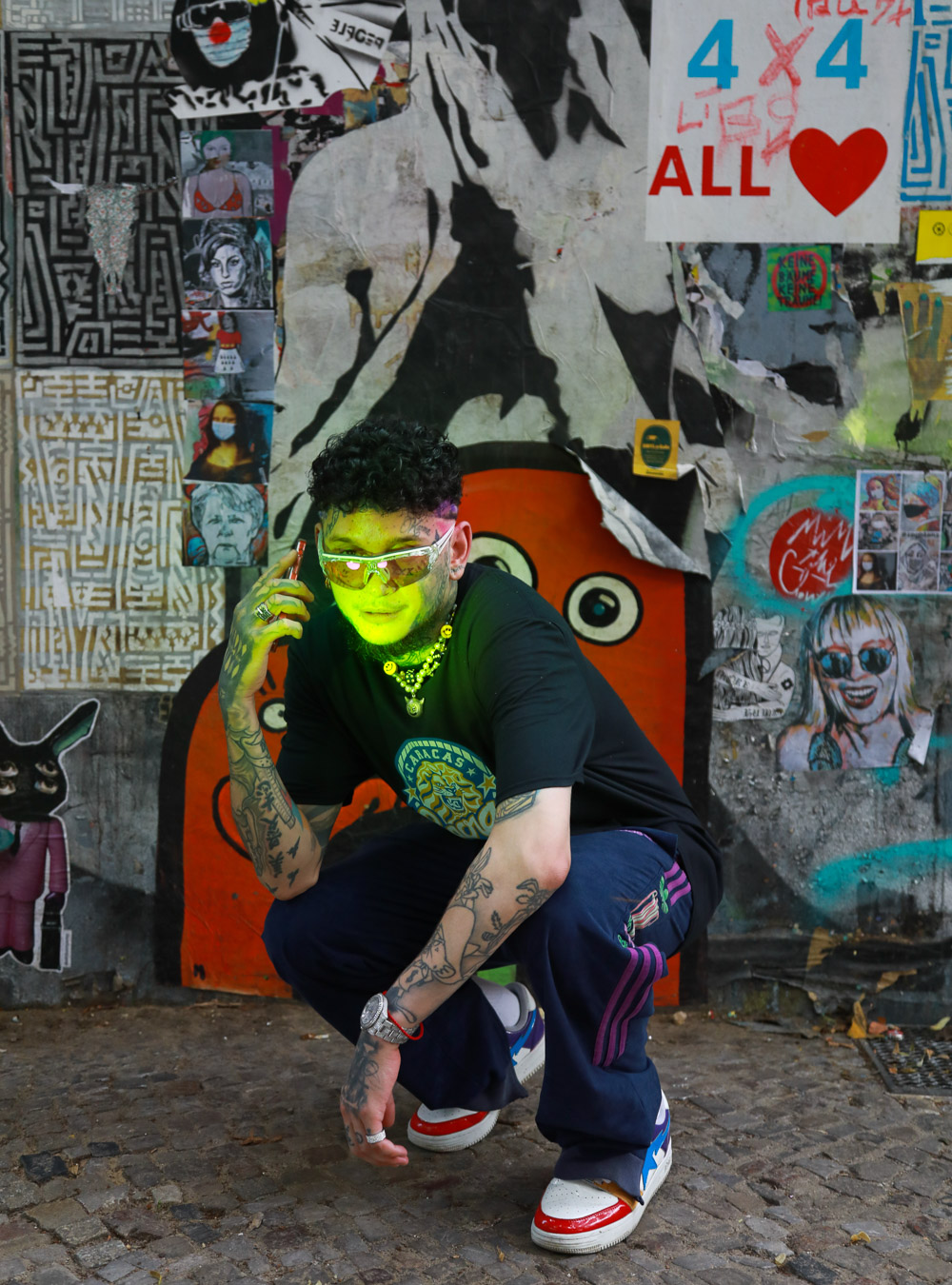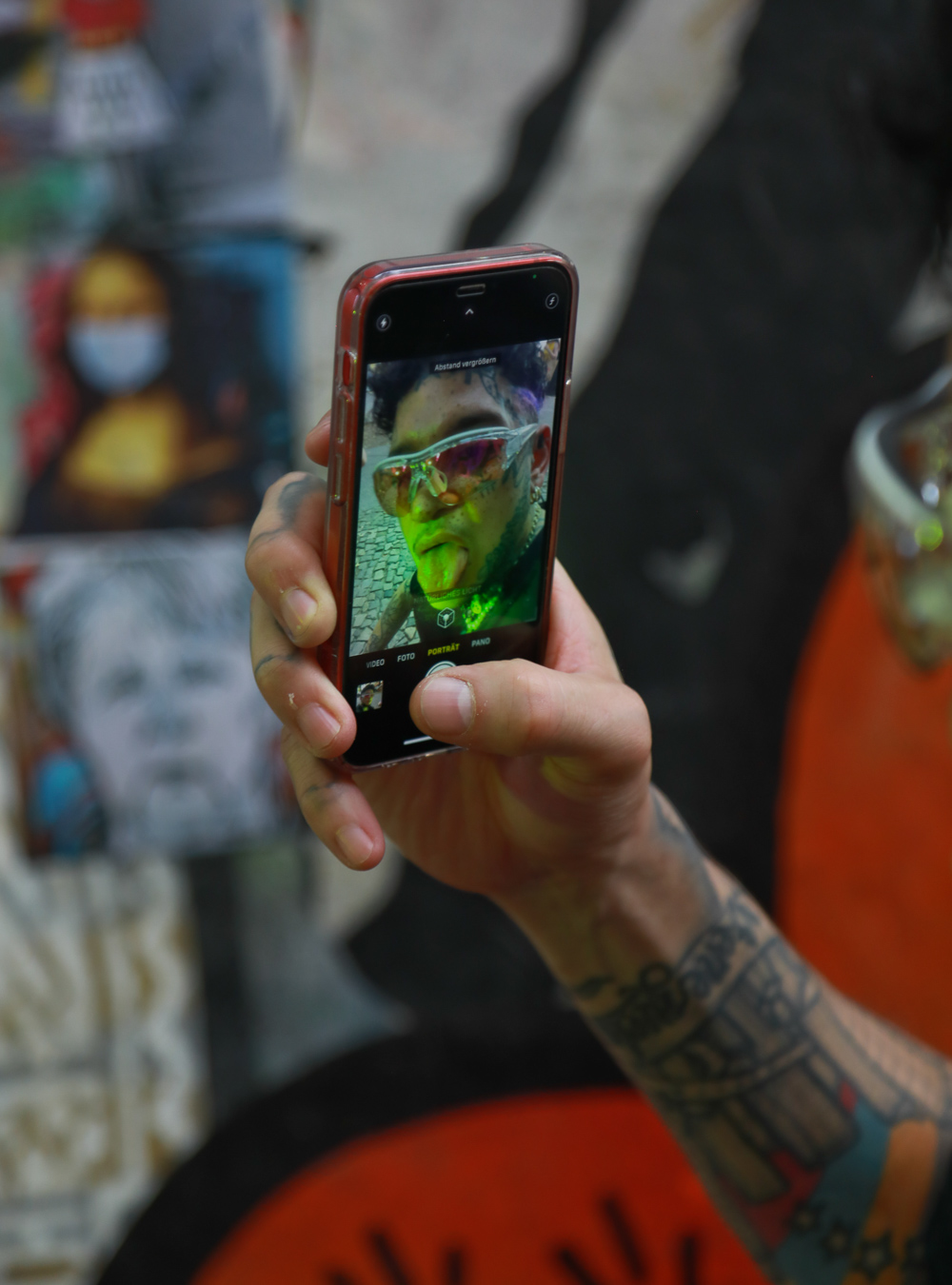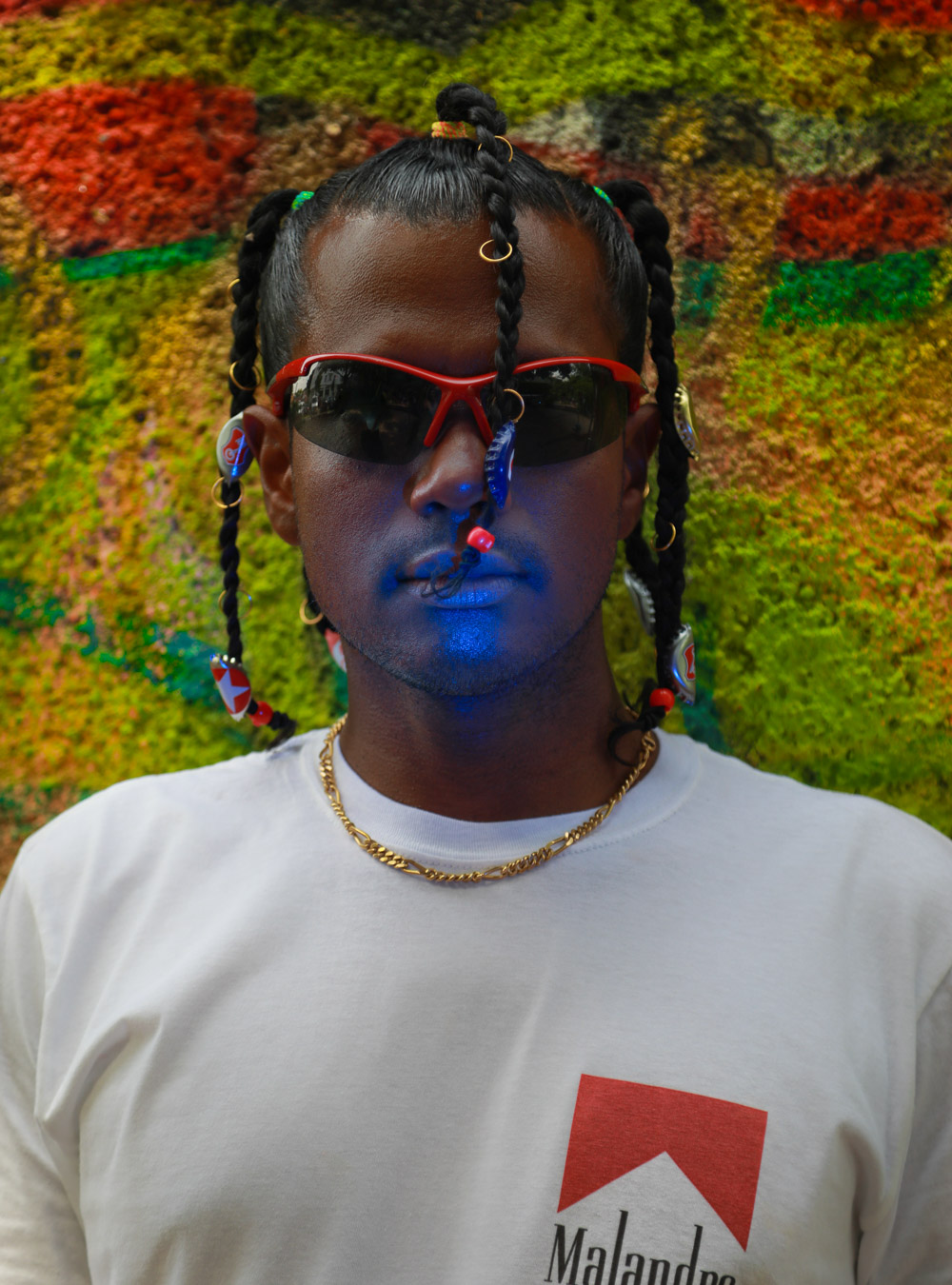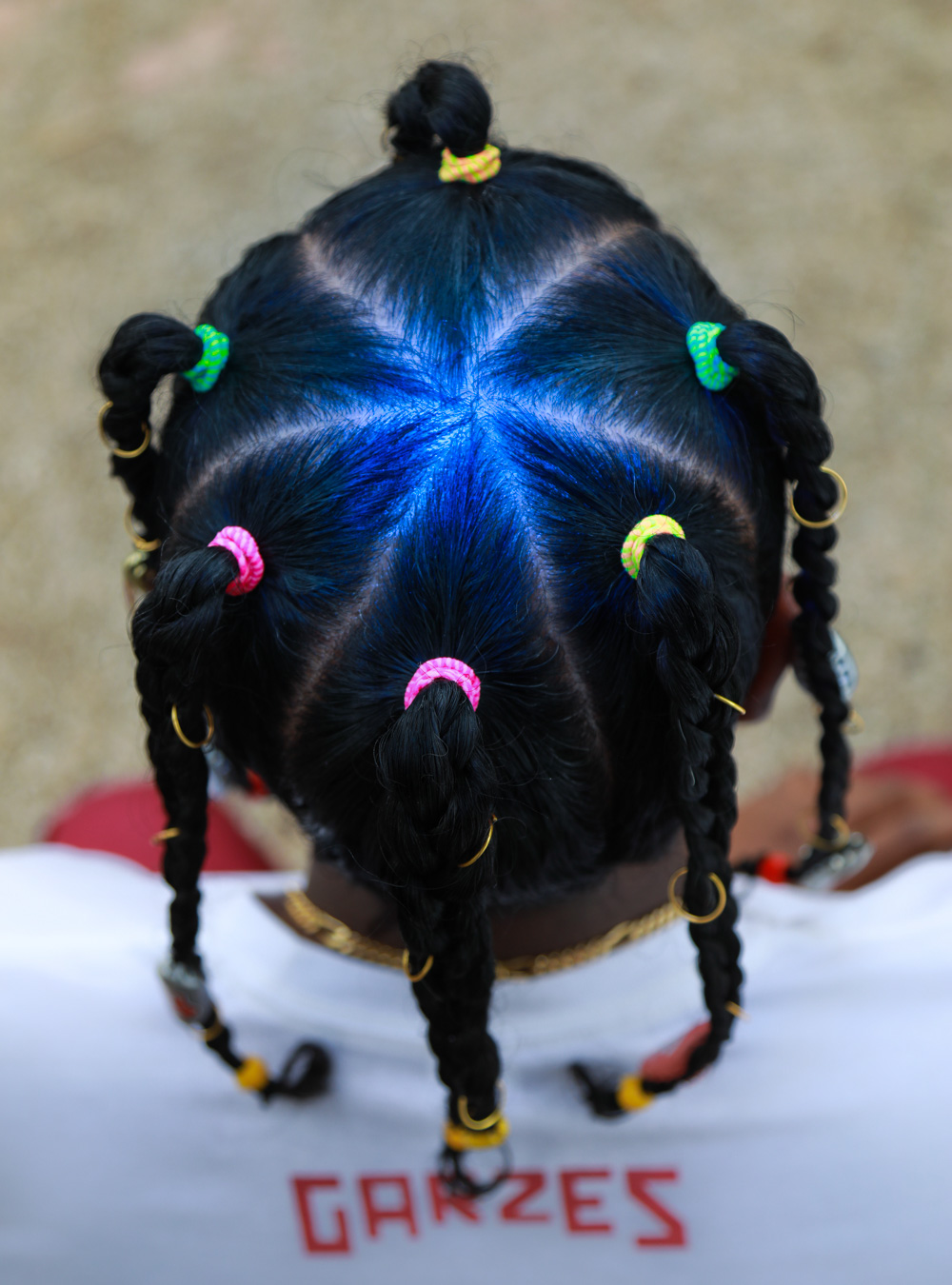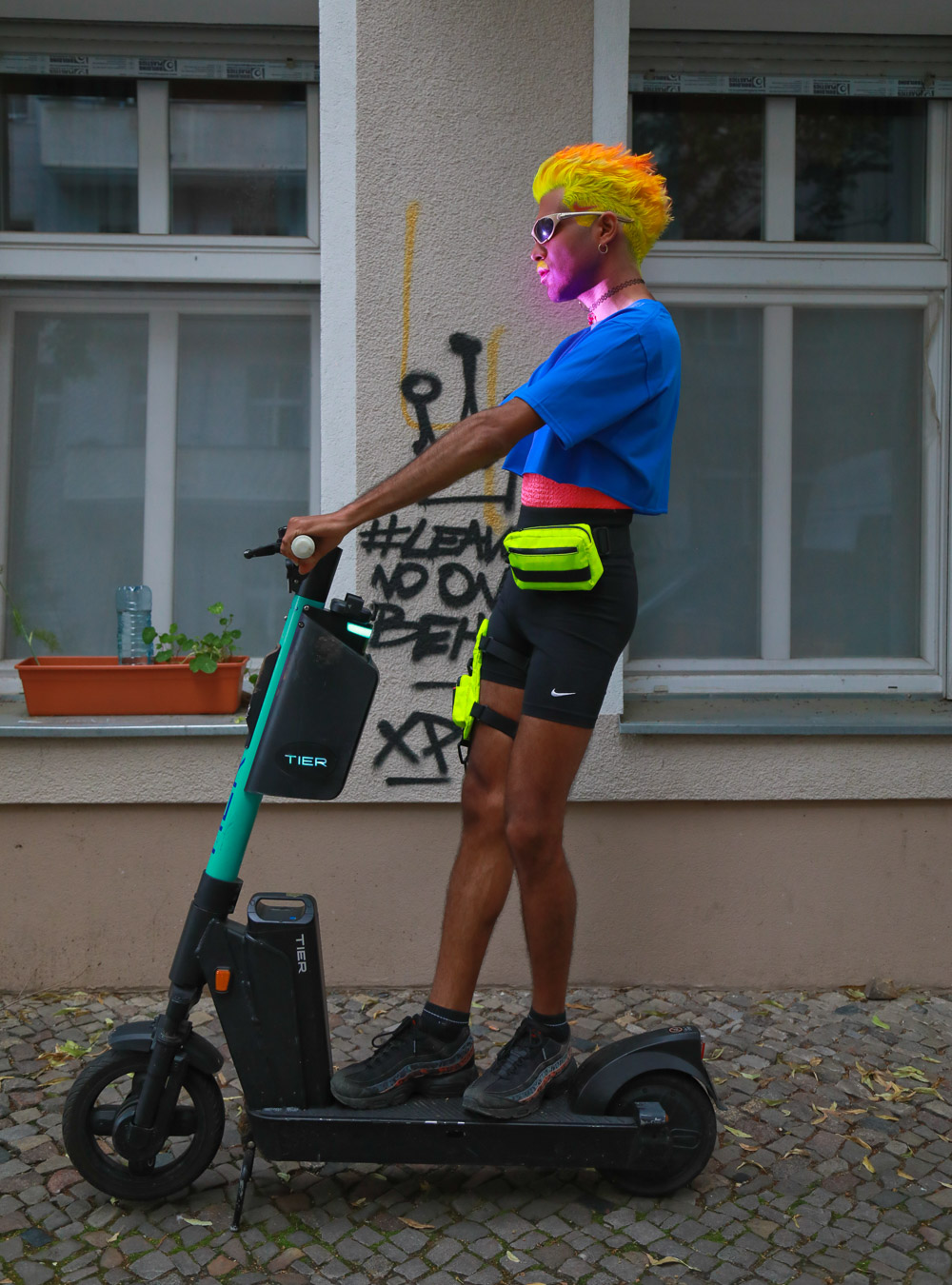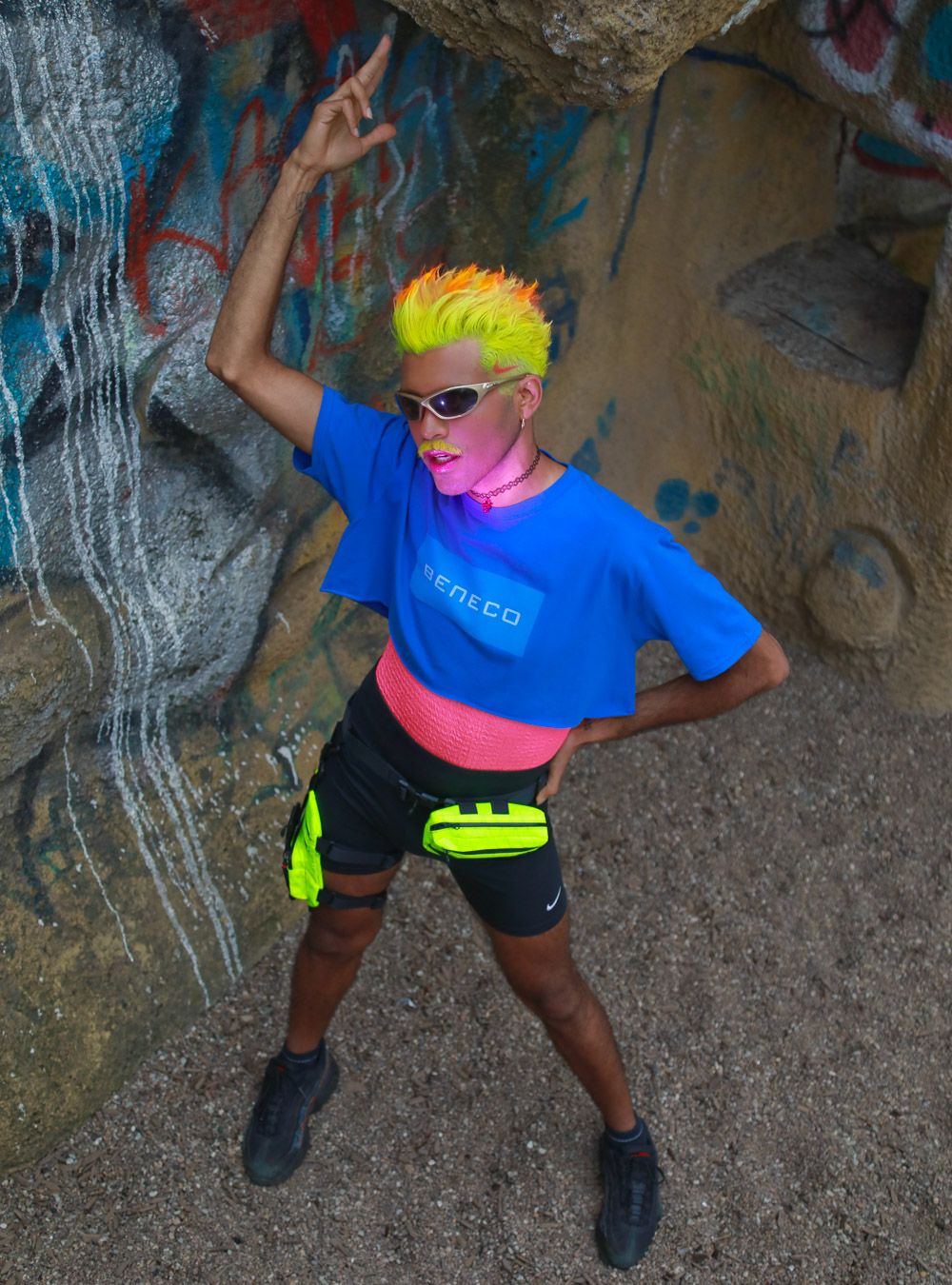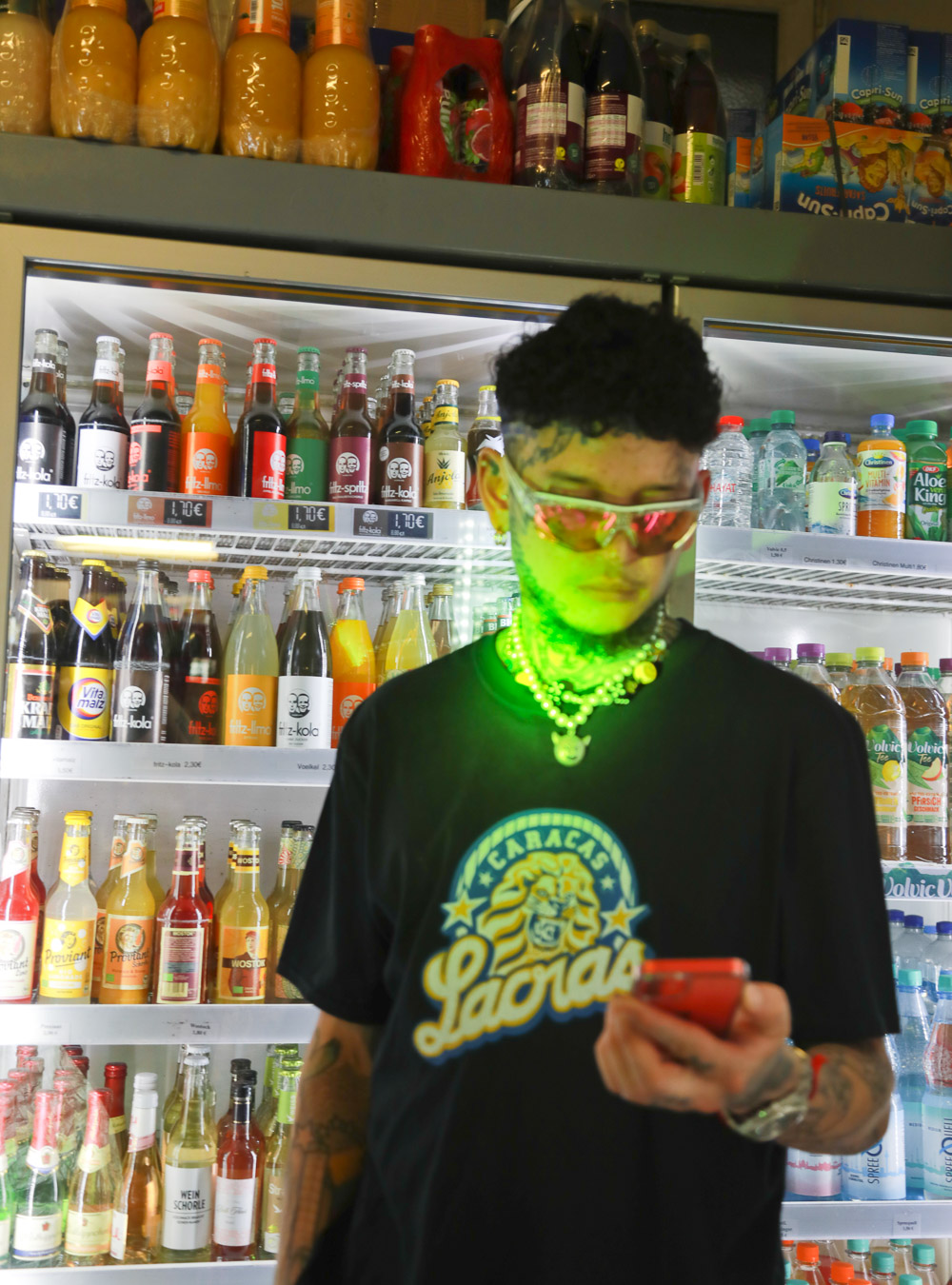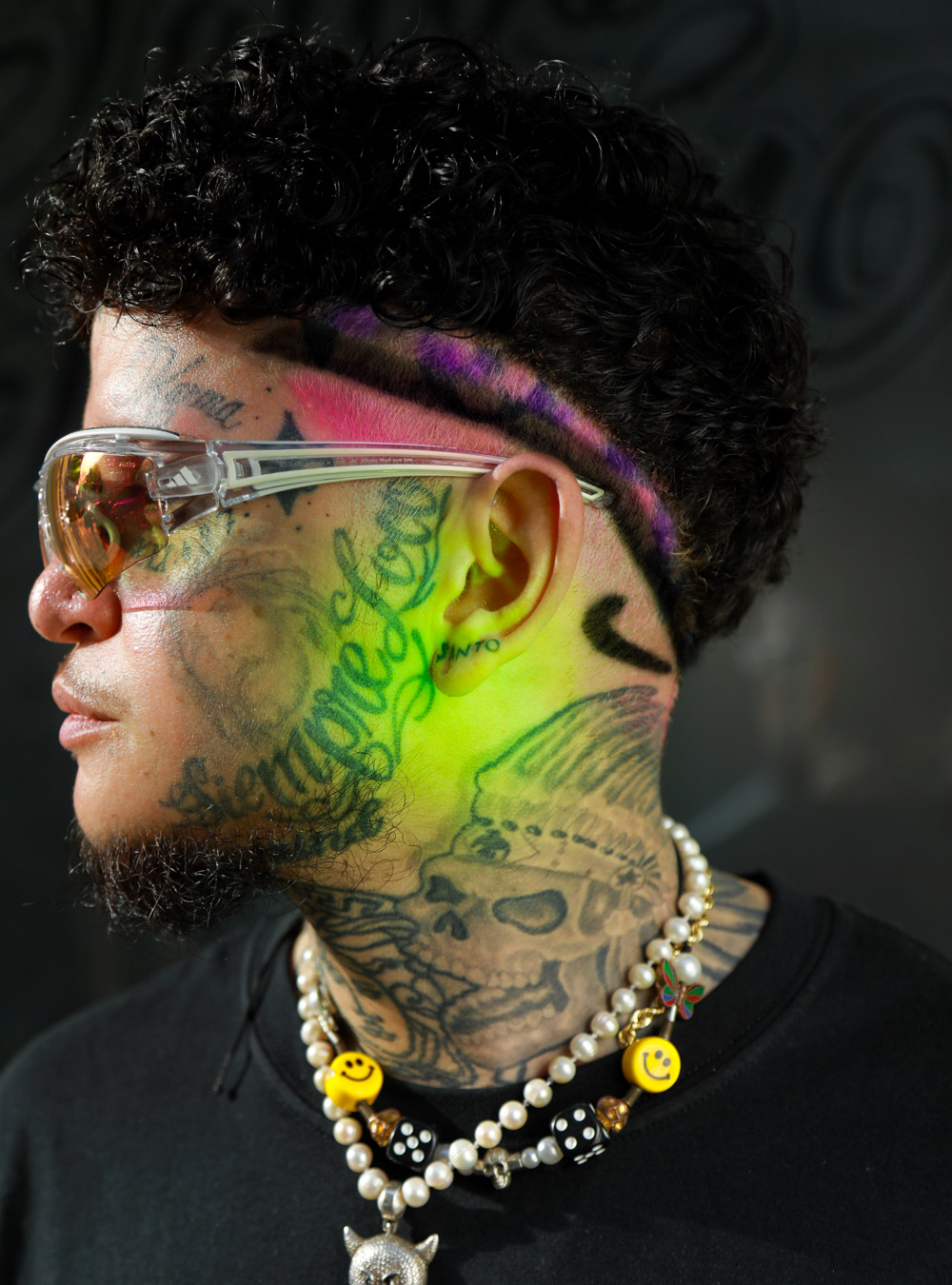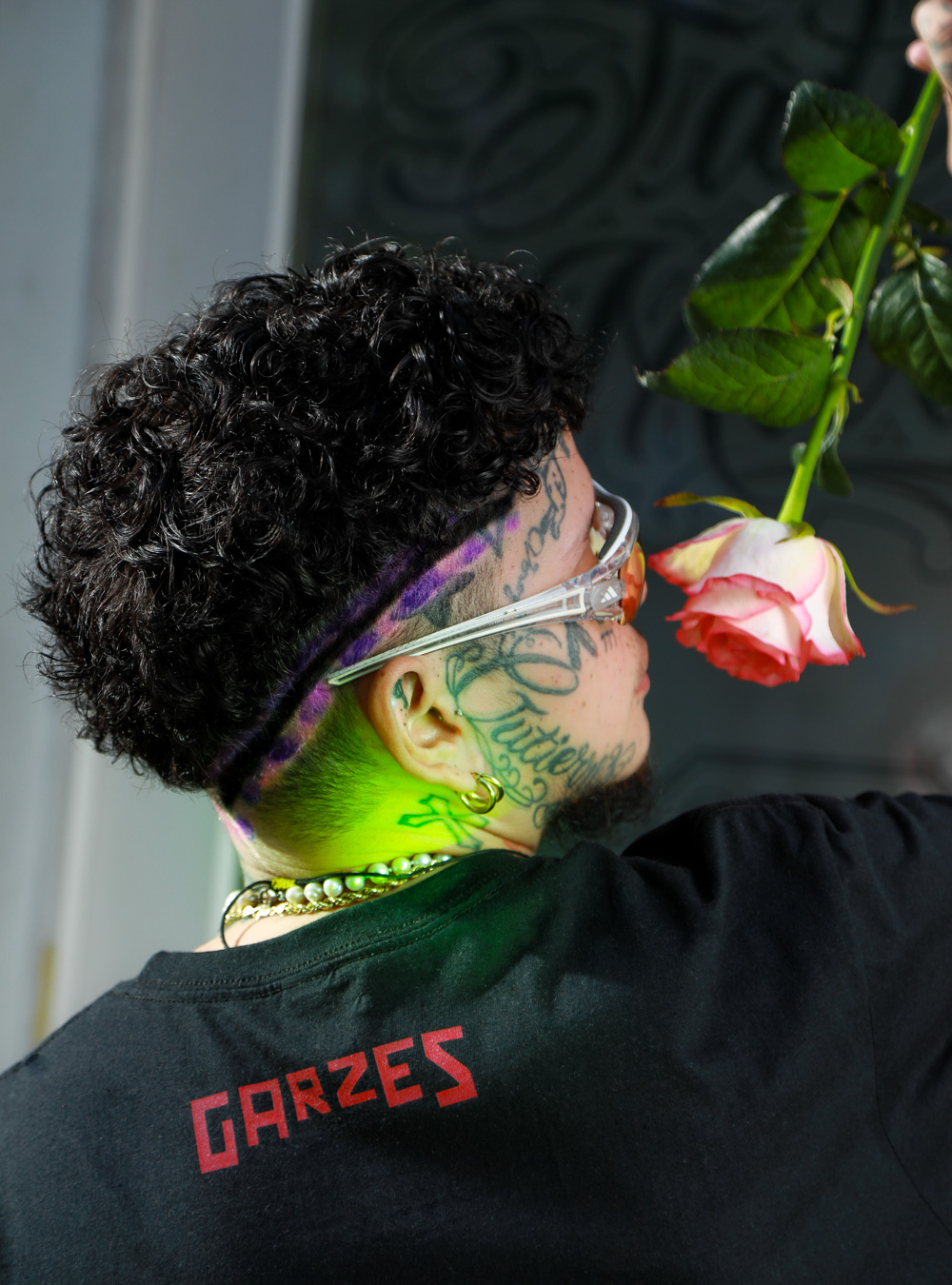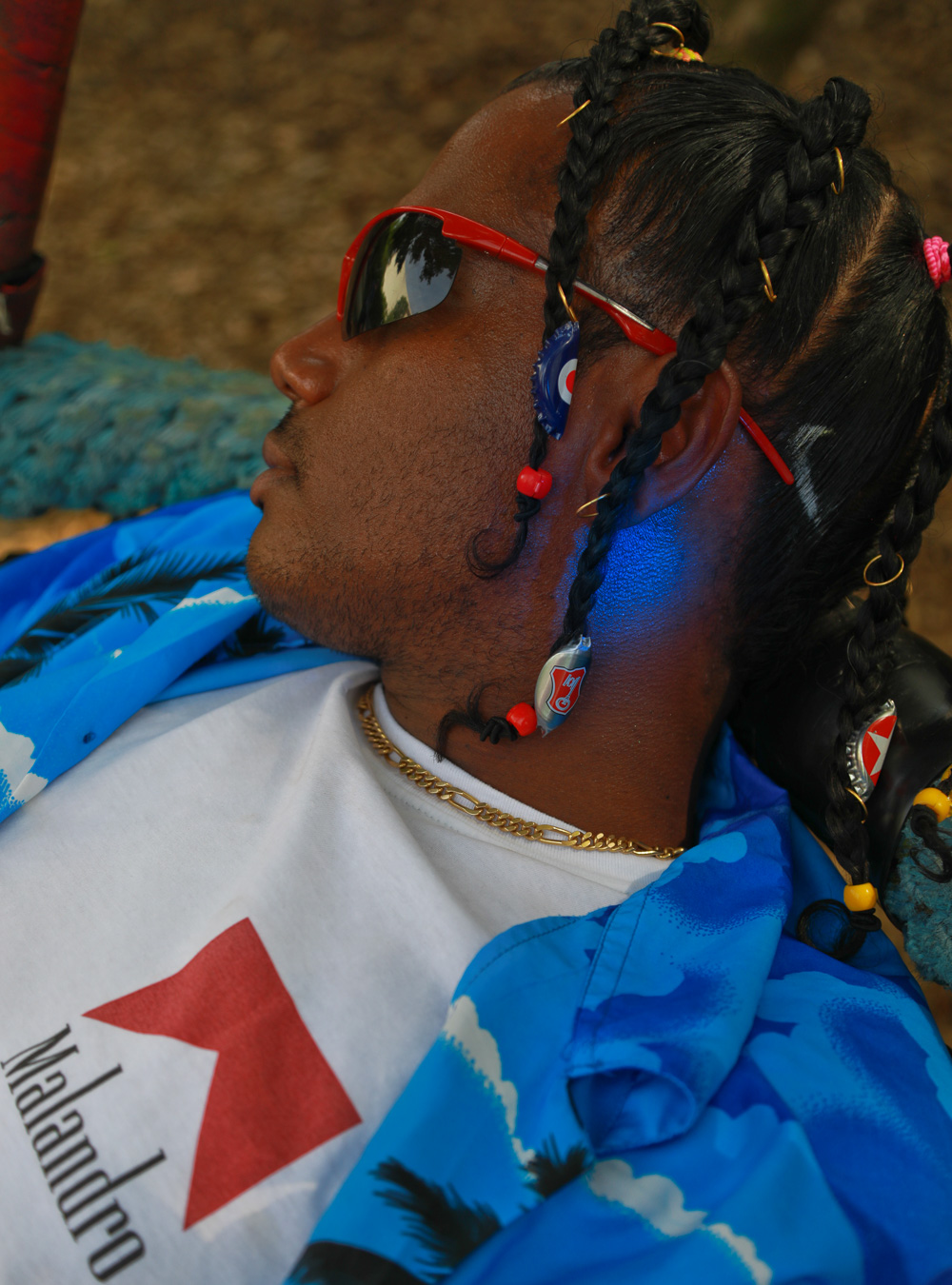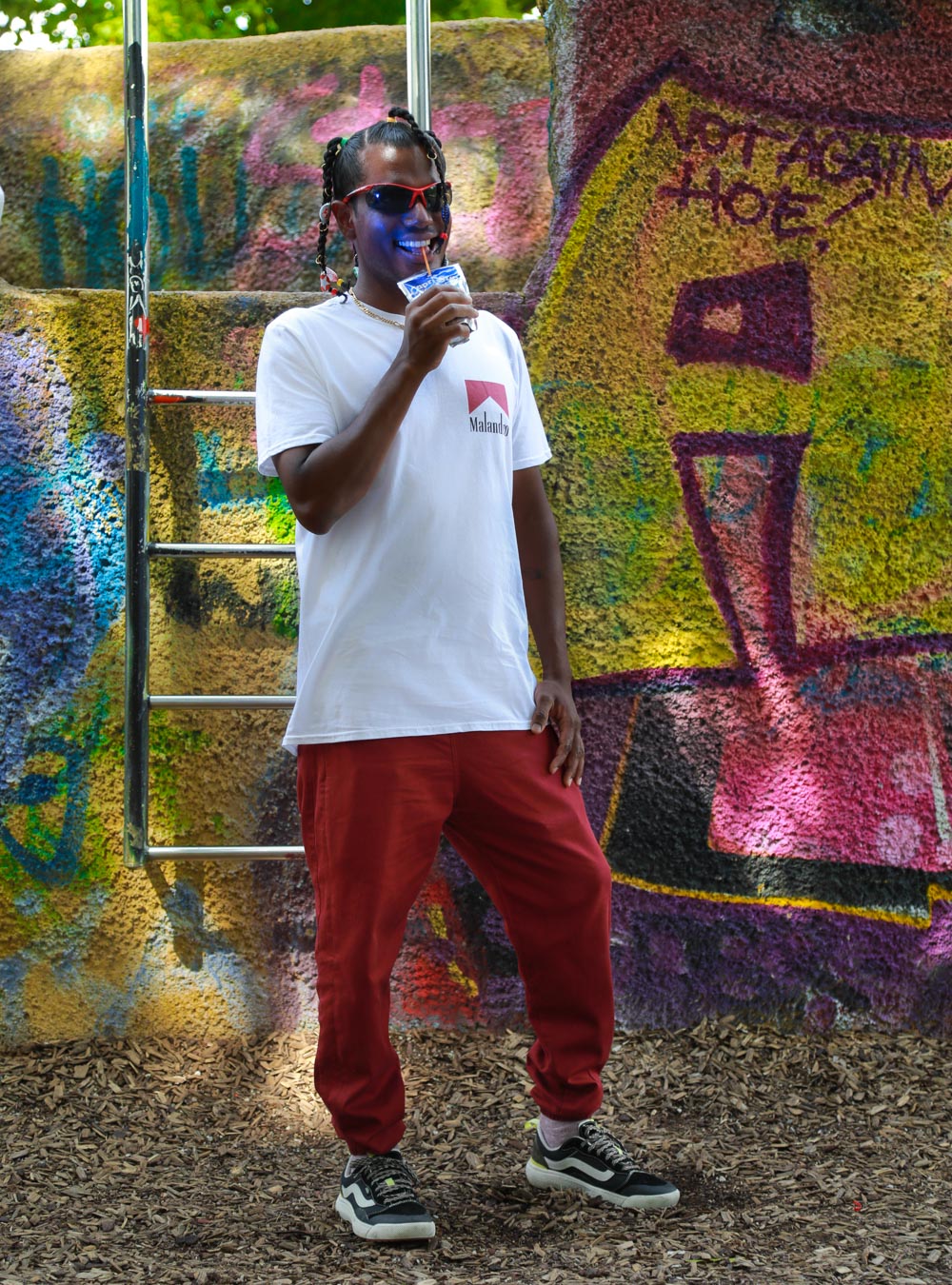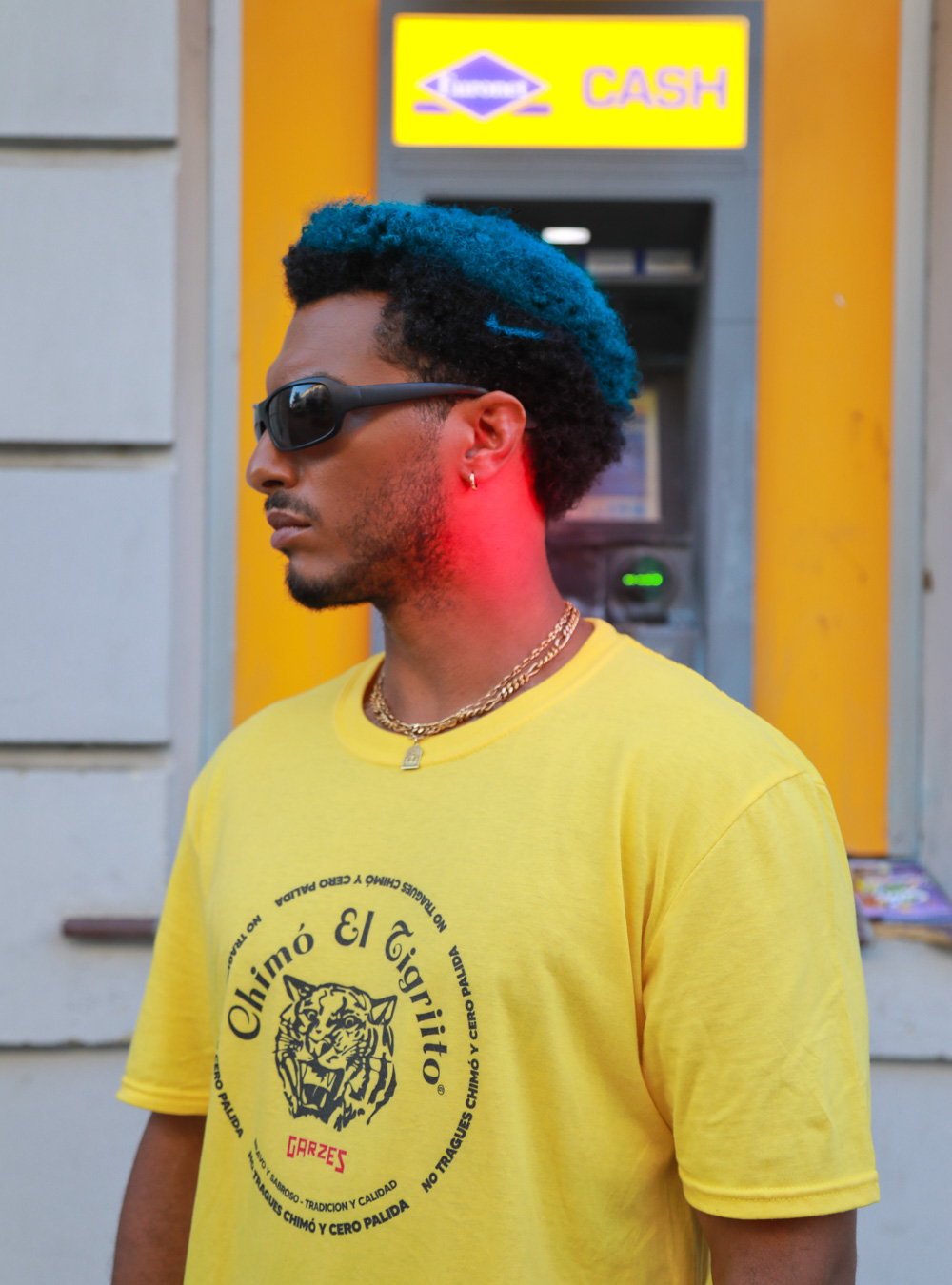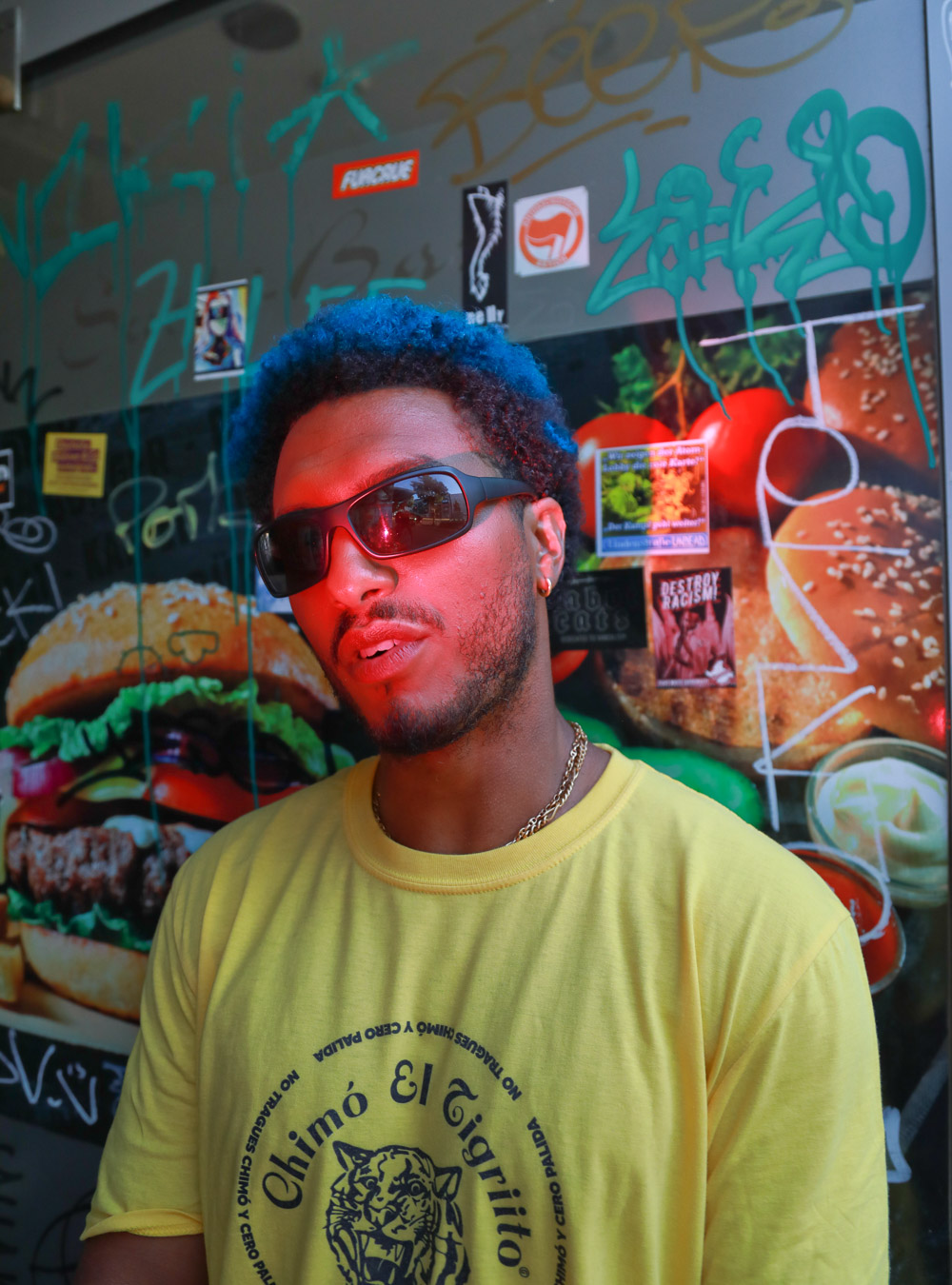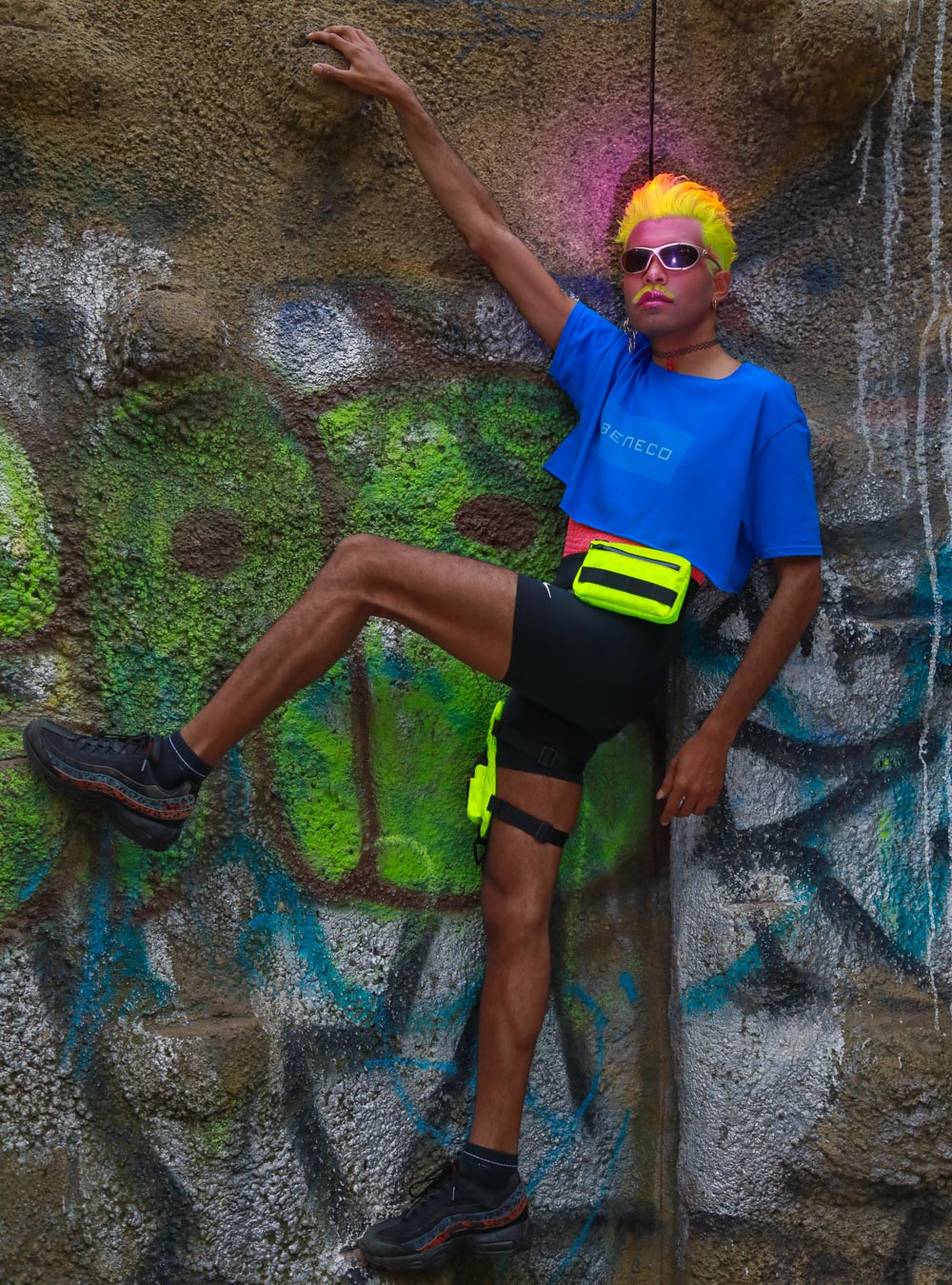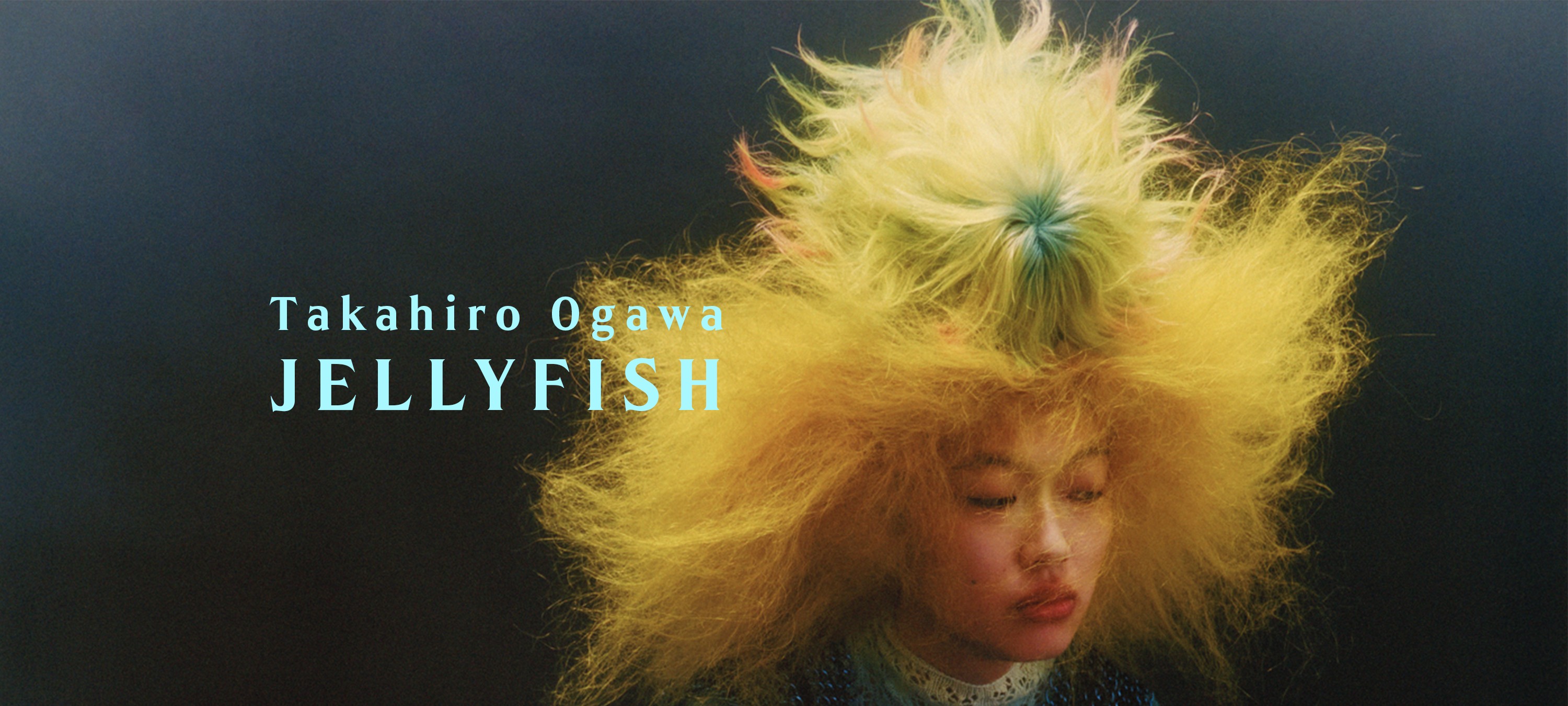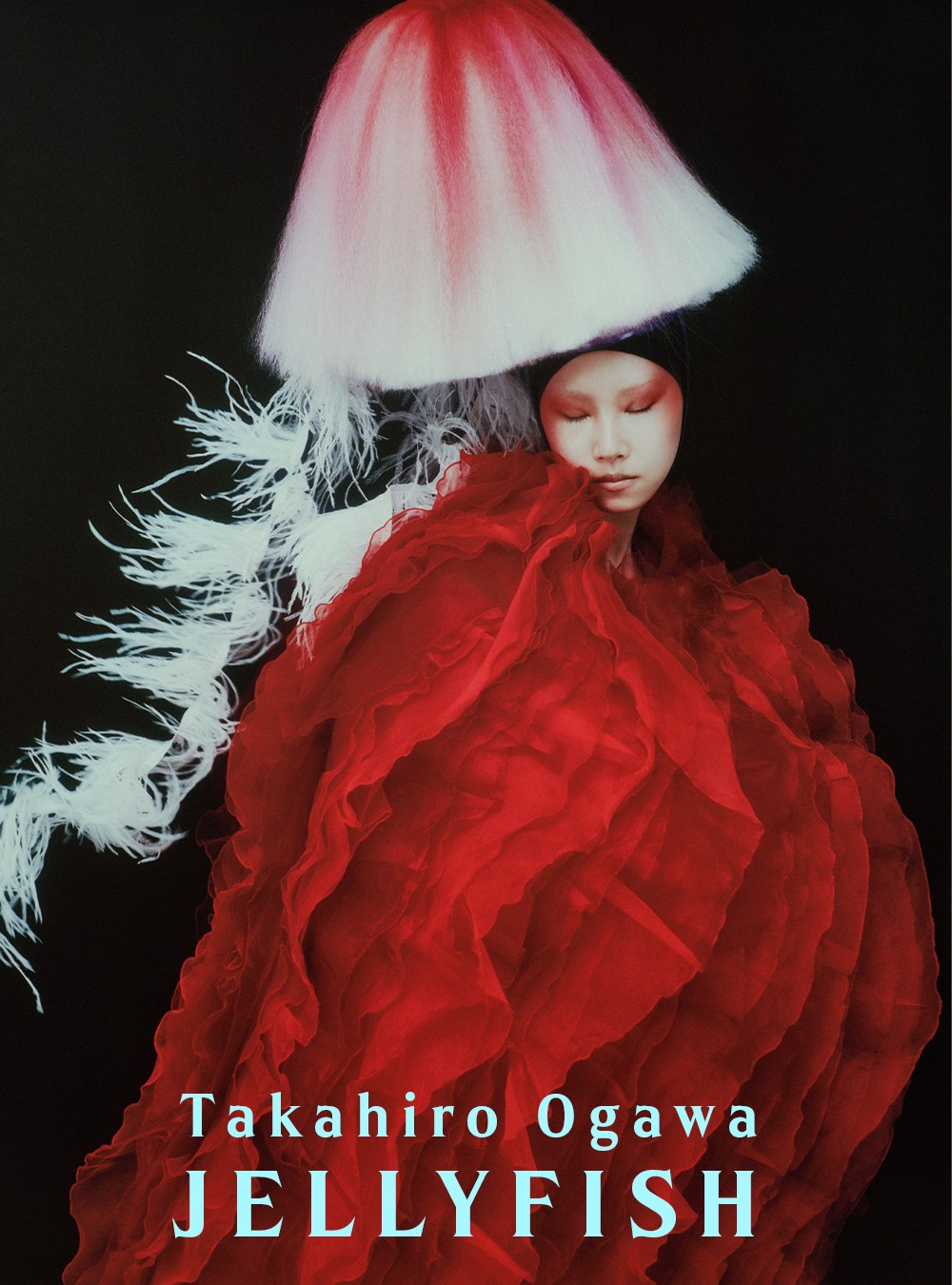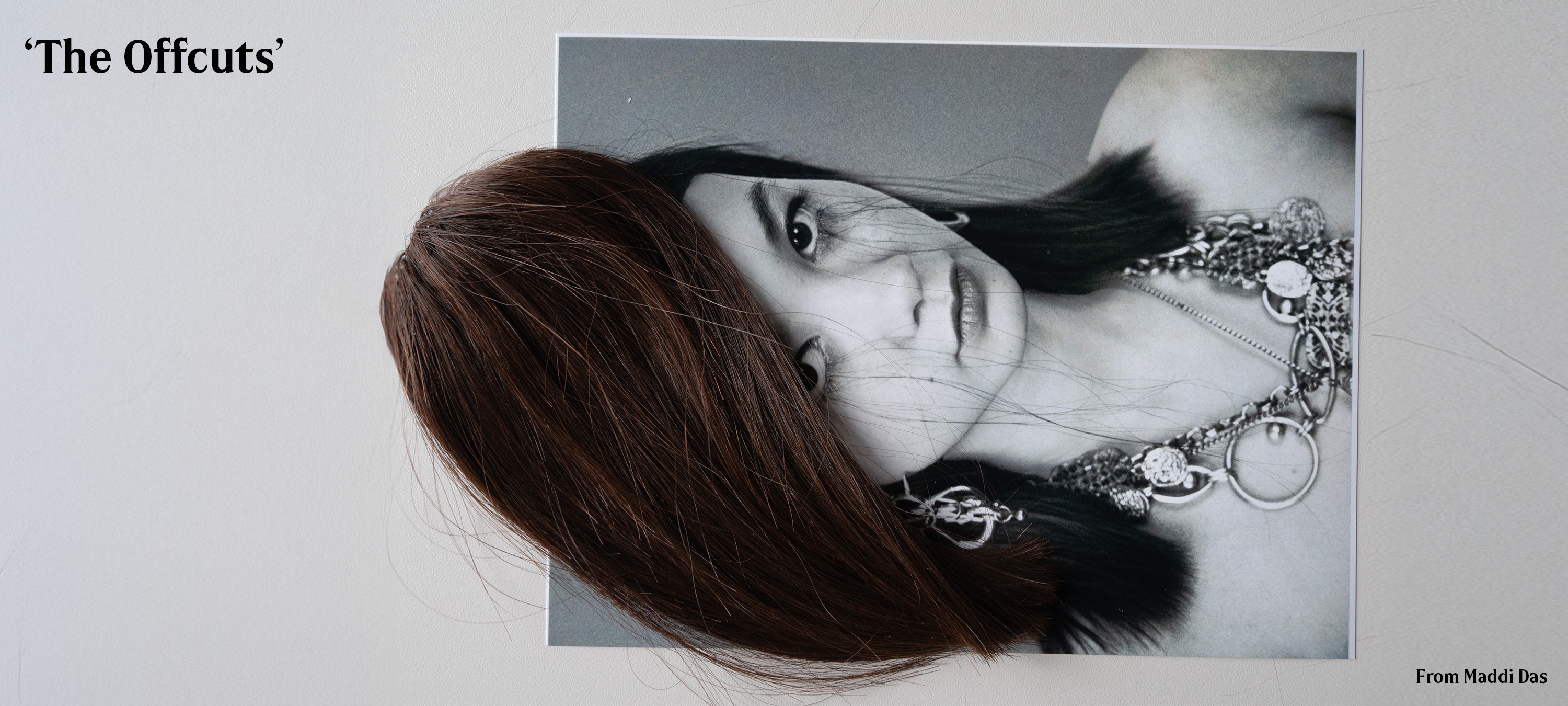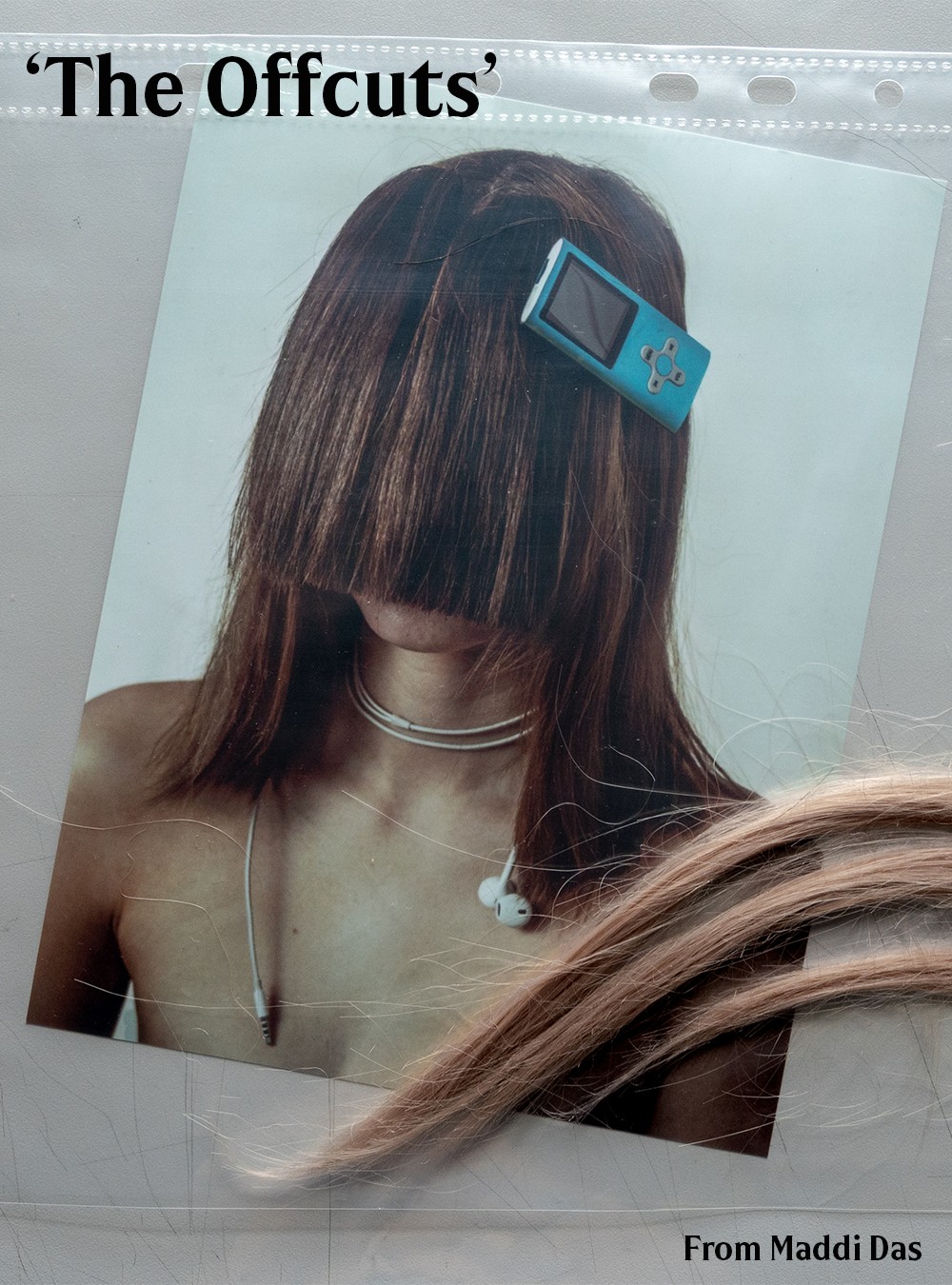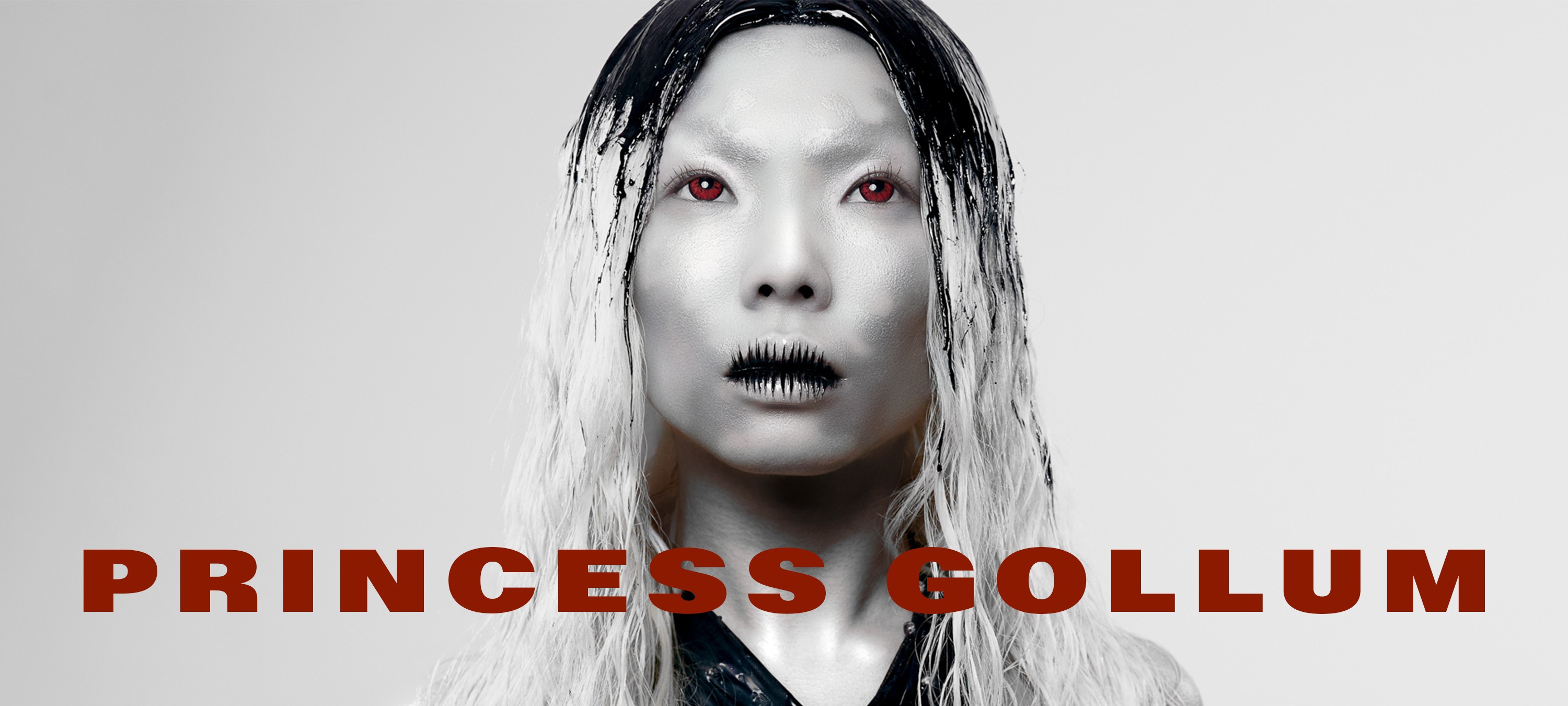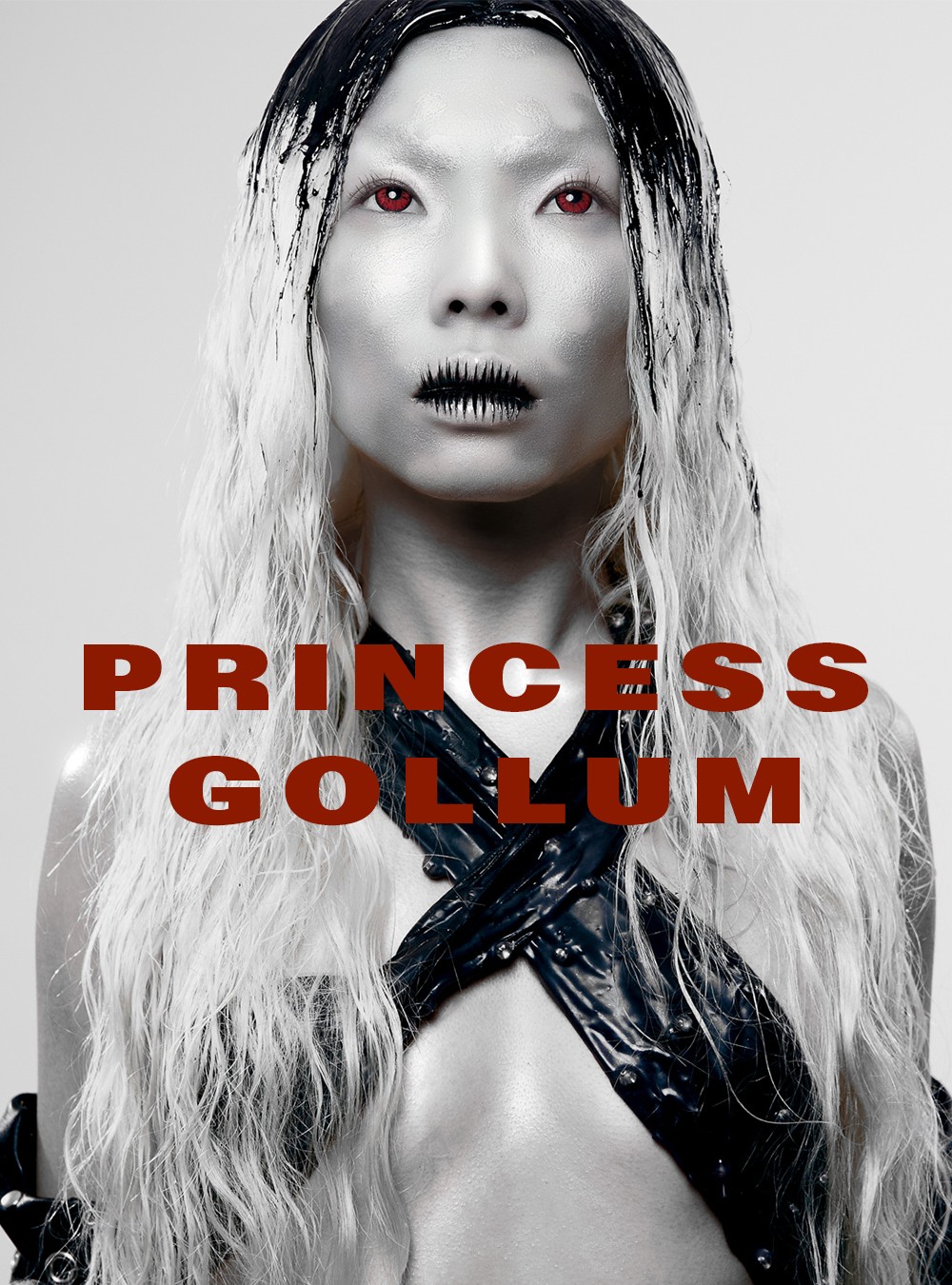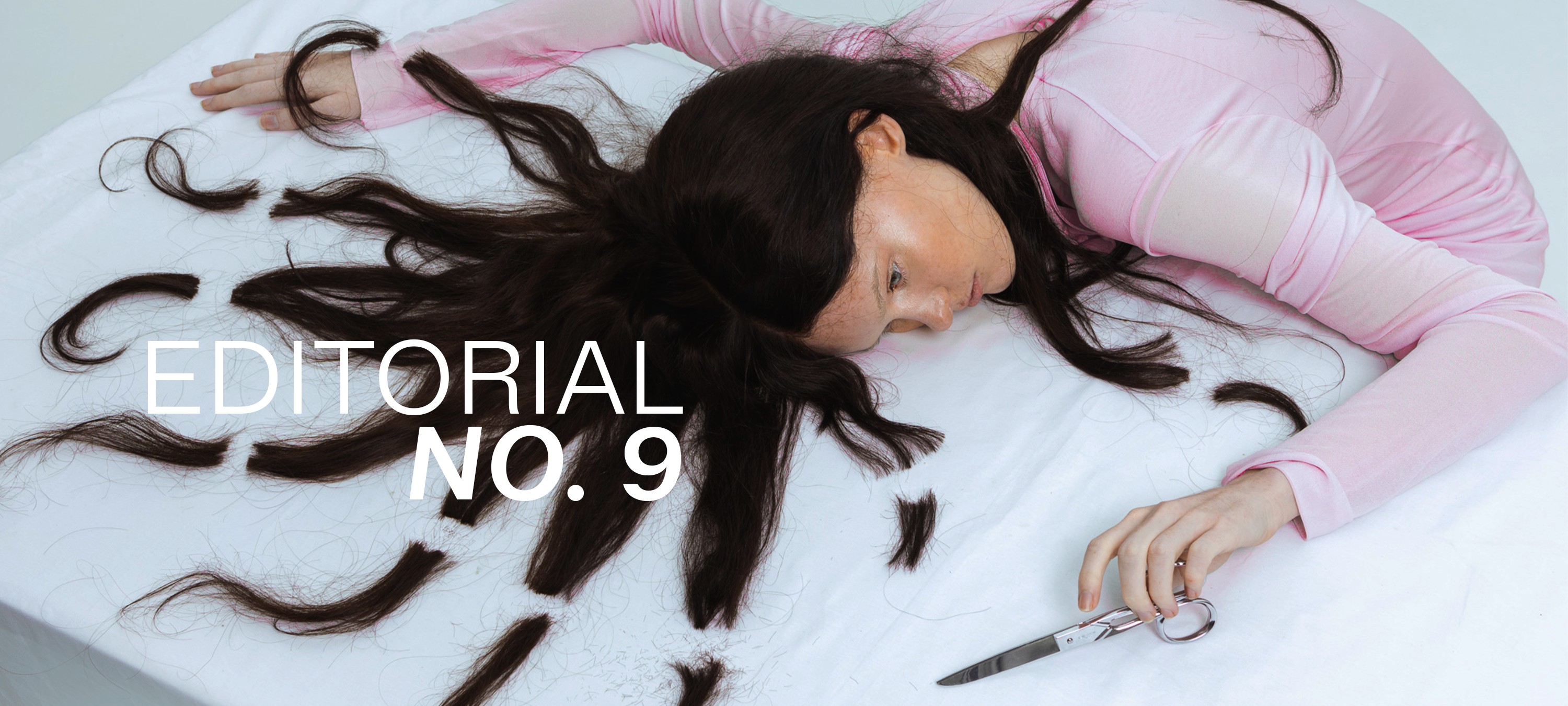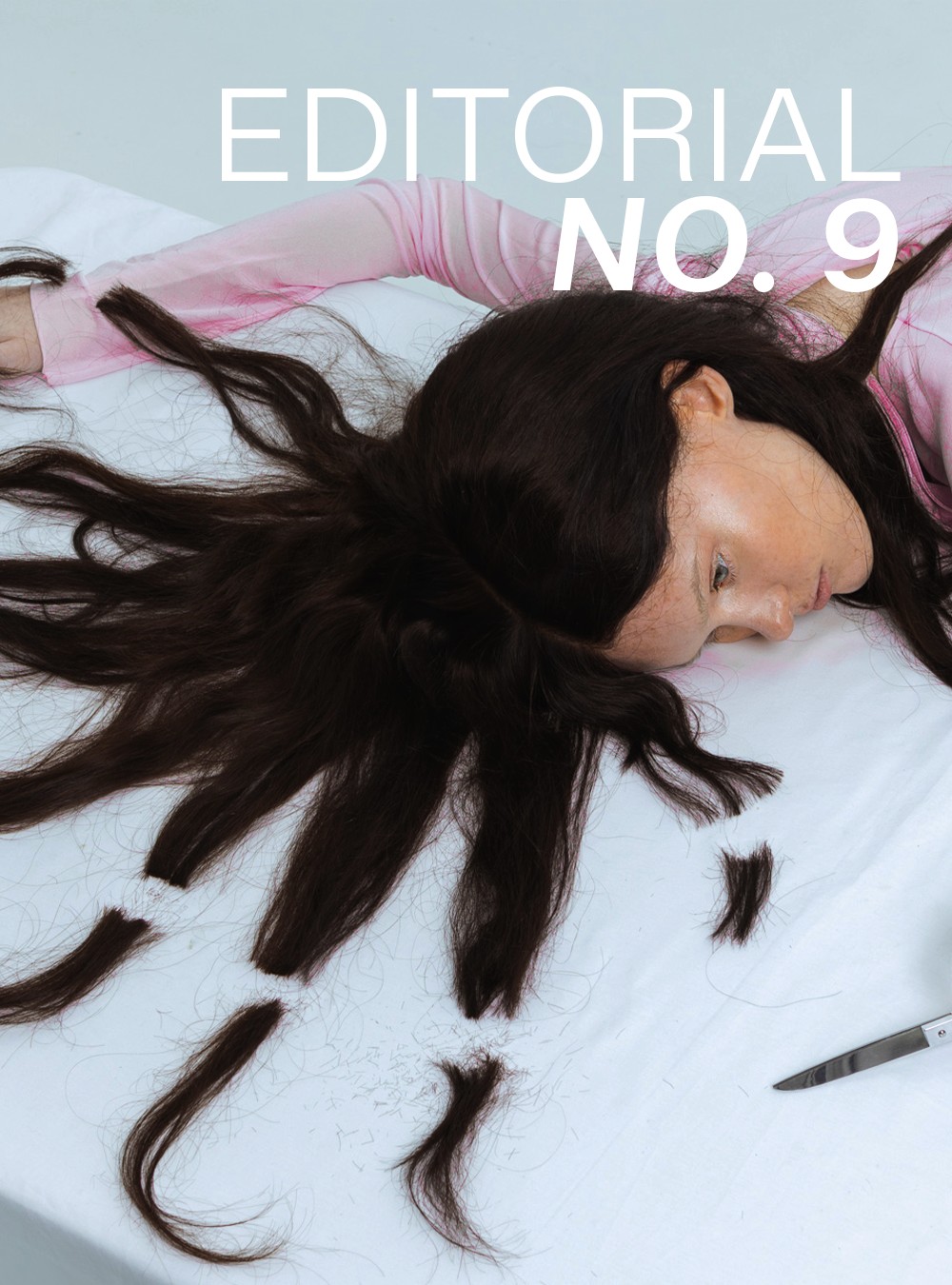EDITORIAL: With “Neo Tuki” Mixzuko sets out to connect past and present using the styles of a more than twenty-year-old misunderstood Venezuelan subculture mixed up with Berlin’s 2021 inclusivity
In the early 2000s, Tuki was one of the most popular Venezuela subcultures. Mostly followed by young people who attended parties called matine, they engaged in dance battles to electronic music called Changa Tuki, or Raptor House. Because of their lifestyle, the clothes they wore, and their vivid hairstyles, Tukis quickly acquired a bad reputation amongst Venezuelans.
The word “Tuki” is still used as an insult today, despite the fact that to most Tukis, it represented incredible dancing skills, creative music, community, and an effort to celebrate life amid the worst political and economical crisis that the country ever faced.
Mixzuko, in collaboration with Venezuelan artist Alejandro Garzes, photographer Rebecca Dorothy, and Pedro Elias Corro – aka Dj Baba, the originator of Raptor House and one of the Tuki founders –intermixes a misunderstood twenty-year-old Venezuelan subculture with Berlin’s 2021’s inclusivity, imagining a space where Tukis are free to dance the night away without judgement.
- ANTHROPOLOGY OF HAIR
- ANTHROPOLOGY OF HAIR
- ANTHROPOLOGY OF HAIR
- ANTHROPOLOGY OF HAIR
- ANTHROPOLOGY OF HAIR
